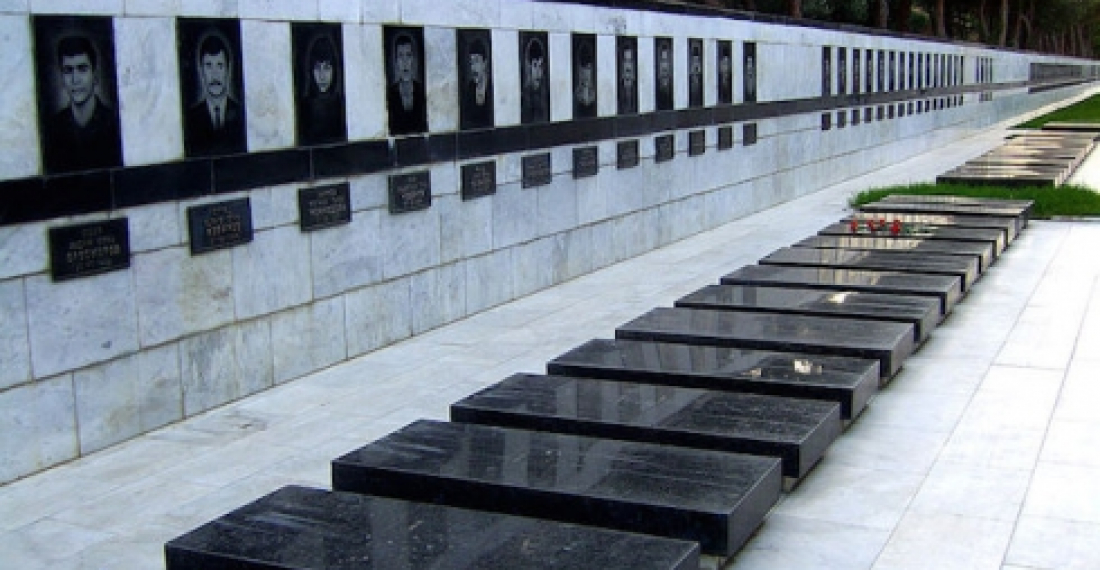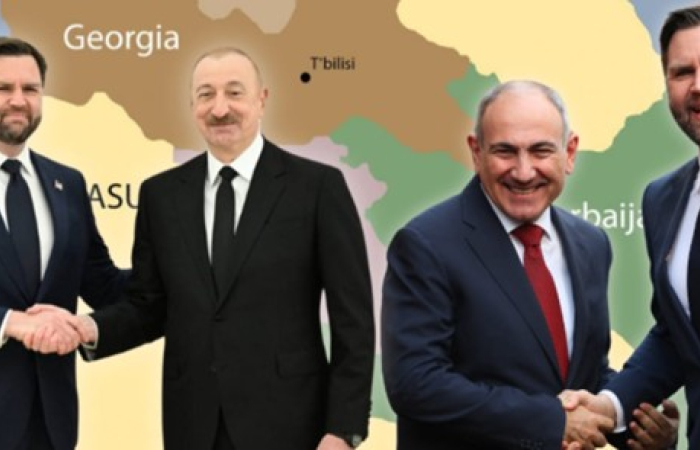The people of Azerbaijan today mark the anniversary of “Black January”, when over a hundred civilians were killed in Baku by Soviet troops on January 19th and 20th 1990.
President Ilham Aliyev laid a wreath at the Eternal Flame memorial in Baku with his wife Mehriban Aliyeva. Other top officials, religious leaders and foreign ambassadors took part in the ceremony to remember the dead.
On this day Azerbaijanis traditionally place flowers along ‘Martyr’s Alley' in Baku, where many of the victims were killed.
The events of 26 years ago marked the end of Soviet power in Azerbaijan, with rule from Moscow essentially discredited after the killings.
Back in the winter of 1990, popular protests calling for the restoration of Azerbaijani statehood, instigated by the Azerbaijani Popular Front, had been building in Baku.
In response, Soviet president Mikhail Gorbachev declared an emergency on January 19 following tensions in Nagorno-Karabakh, where Armenians were trying to secede from the Azerbaijani SSR.
Late at night 26,000 Soviet troops entered Baku, smashing through barricades to crush the protests.
Dozens of Azerbaijani civilians were shot dead, with many Soviet troops also killed in the fighting. The exact figures are disputed.
The spectacle of Soviet troops firing on its own citizens helped precipitate the Union’s ultimate decline, which came about rapidly after January 1990.
"The declaration of a state emergency in Baku was the biggest mistake of my political career.” Gorbachev admitted in 1995.
Reporting of the crackdown was heavily suppressed at the time, with only Radio Liberty, and the distinctive voice of Mirza Khazar, telling Azerbaijanis what was going on.
Because of the media vacuum, there was very little international response or reaction at the time, which makes Azerbaijanis keen to commemorate the killings many years later.
Source: commonspace.eu
Photo: Victims of Black January in Martyr's Alley, Baku







